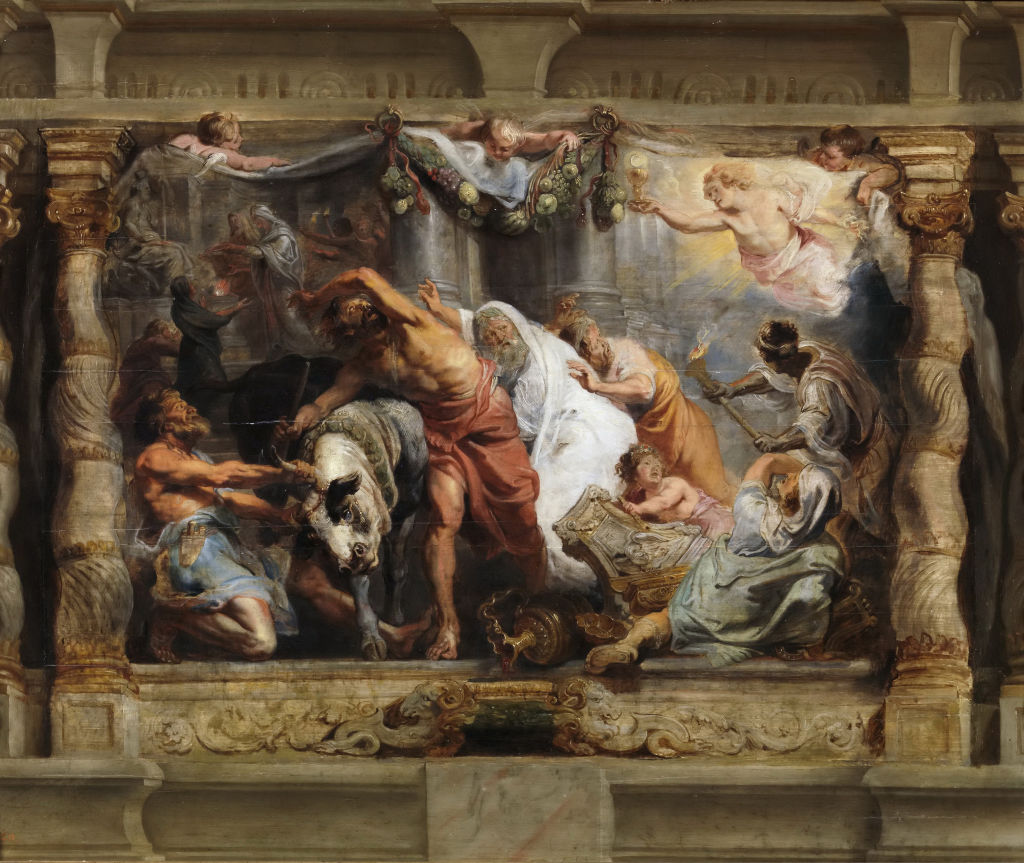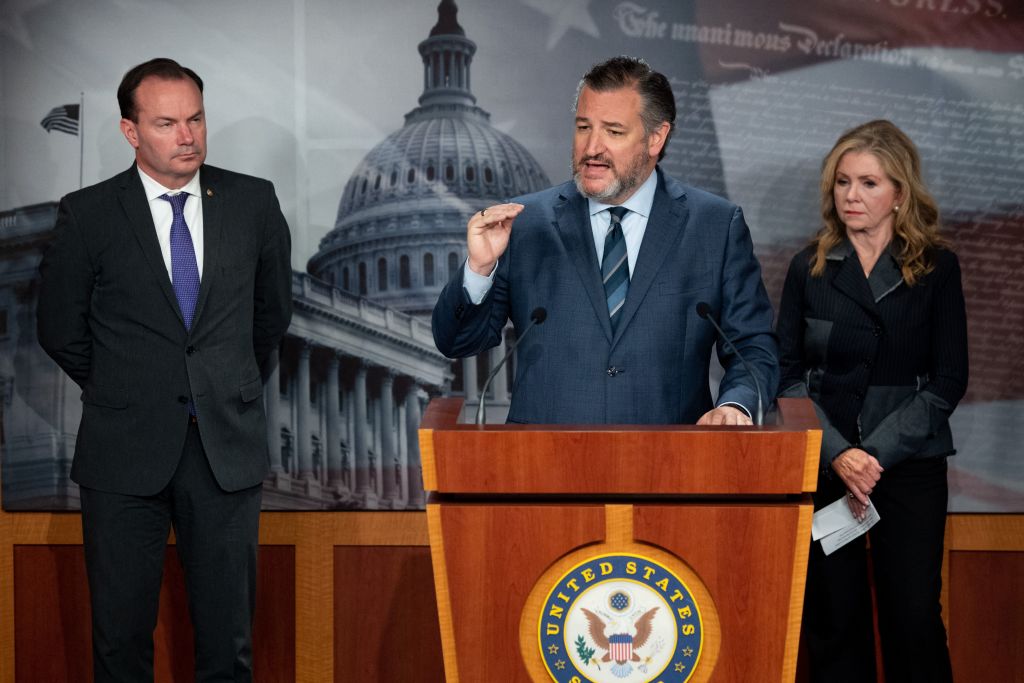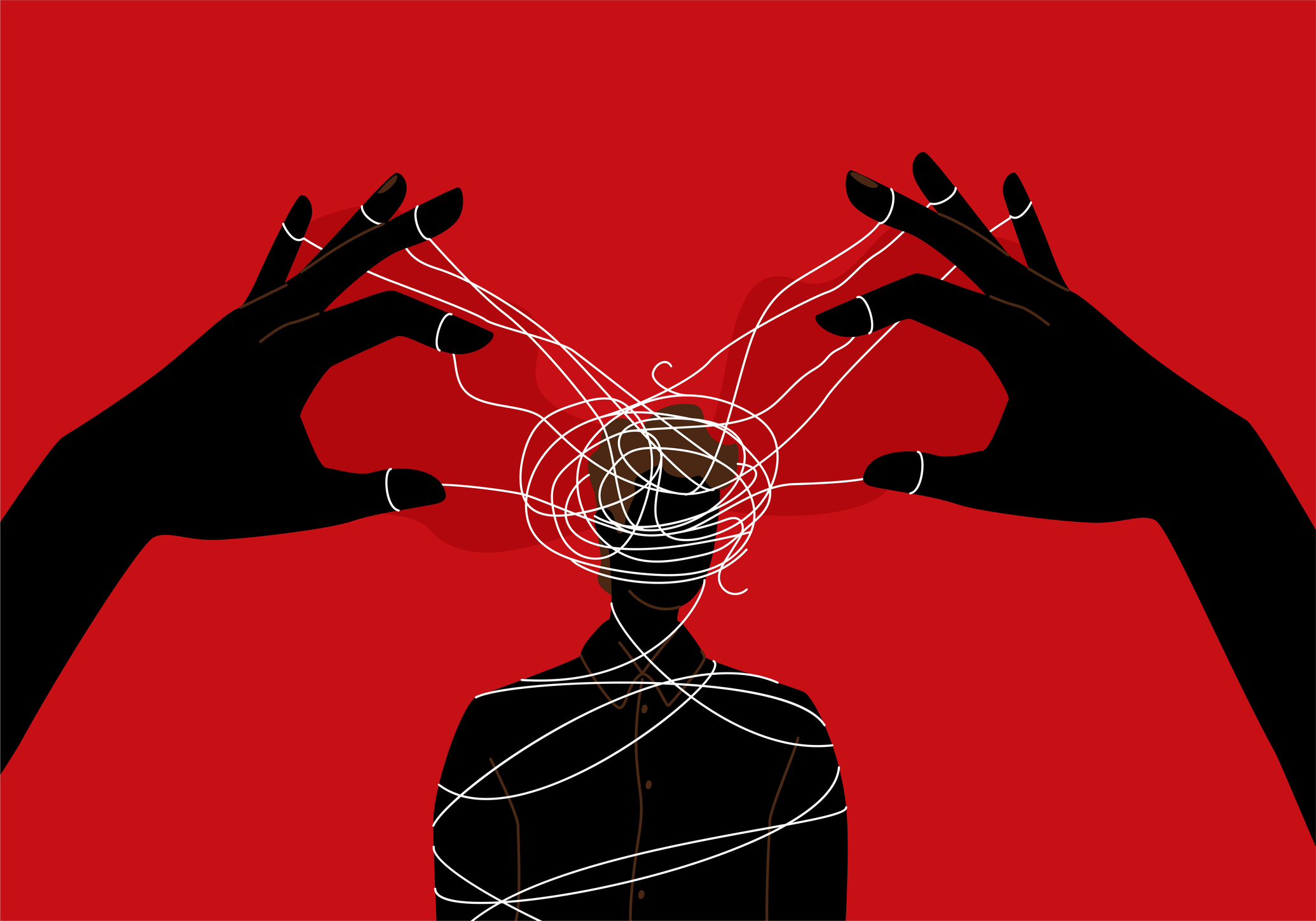Confusion about the scope of Roe v. Wade besets even Republican senators.
Roe and the Right Side of History

Certain verities transcend time
One of the Left’s most inveterate contradictions is of a scientific worldview that is at best Darwinian–reality is but a constant union and separation of atoms–alongside a Hegelian insistence that there are (moral) stages of history into which one advances and from which there is no return. In one sense, the Left sees the ordering of the physical world as devoid of purpose beyond that which each individual creates on his own terms; but in another moral or ethical framework, history is reified into unassailable absolutes. The latter is summed up by catchphrases like “we can’t go back” and “the right side of history.”
I heard a perfect summation of the materialist worldview as I sat and listened to a high school valedictorian earlier this month as he captivated peers, teachers like myself, and audiences alike. The valedictorian was a birdwatcher, and he compared life’s inflection points to a flock of birds. In a Malcom Gladwell-like twist reminiscent of the book The Outliers, the speaker explained how one bird of a particular species, for reasons not entirely known, strays from the flock to look for predators. When this oddball bird identifies a predator, he alerts the rest of the flock. He who appears to be reckless or foolish by separating from the pack is actually the one who is onto something.
As a teacher who has sat through at least eight of these commencement speeches I can attest that the metaphor was both clever, captivating, and brilliantly told. But then the speaker lost me.
“You see,” he said, “history is random and chaotic. There is no meaning or purpose. We can’t see what’s coming and we have to hope we can adapt.” This is boilerplate liberal materialism at its finest.
Contrast this with the views held by many of my progressive colleagues and friends here in Los Angeles when it comes to the “history” of rights. Separation of church and state is a “settled” issue, I am told. The Bible, as I was informed by a liberal acquaintance of mine, has no place in a legal argument lest we—and here, her argument got stranger—go back to justifying slavery and segregation again. Apparently the Bible was exclusively the dominion of history’s losers—its bigots and racists. (Never mind that slavery did not originate in the West but the abolitionist movement in fact did.)
With the news that the Supreme Court overturned the national right to abortion, we are once again faced with what is perhaps the progressive Left’s defining contradiction: life itself is but a constant assembly and disassembly of atoms; but when it comes to “rights” such as reproductive rights or LGBTQ+ rights, a telos, a final purpose and meaning, does indeed pertain. For all its pretense to tolerance, the modern left is fundamentally illiberal when it comes to competing view of rights and of the “arc of history” itself; the outrage over a re-delegation of abortion “rights” to the states—not an outright ban—shows as much.
In his brilliant book America on Trial: A Defense of the Founding (2021) Robert R. Reilly outlines what the arc of history—the “right side” of history, if you will—looks like from the Classical-Christian worldview. Aristotle, Socrates, Plato, Cicero and others were not Christians, Reilly explains, but the ancients did establish fundamental premises that would synthesize with Christianity—above all the belief that man’s telos, his purpose, was discernible through the independent use of “reason.” Reason could be used to arrive at the core truths of natural law—that is, of the laws that govern all rightly ordered societies. Man’s exercise of “reason” applied to the ends for which he was made (telos) was defined as virtue. The early Church Fathers, as well as Thomas Aquinas in the Middle Ages, Christianized Greco-Roman philosophy, taking the core belief in reason and rationality and infusing it with biblical revelation. This is the dialectic, as Harry Jaffa, Russell Kirk, and others have referred to it, between Athens and Jerusalem.
Jesus Christ is logos, which Reilly points out can be translated both as “the word” and as “reason.” God is rational, even if he cannot be fully understood; nature itself—the world of atoms which leftists seem to revere as deity through environmentalism—is not God. One of—if not the most—distinctive feature of Judaism and later Christianity, as Reilly explains, is the concept of imago Dei, the idea that man is made in the image of God. This core insight—this revelation—is what separated Jews and Christians from pagans: the sanctity, inviolability, and uniqueness of individual life. From this fact, Reilly contends, came universal (natural) rights, freedom of conscience, democracy and, most inconveniently for the left, the sacred nature—the personhood—of life in the womb.
The personhood of the unborn child, and its own right to live, is an unassailable moral absolute, and there is nowhere to advance beyond it. The sanctity of the individual is like the speed of light in physics—a constant through which there is no passage. As such, any change to the principle represents decay, not progress. The task of every successive generation in a free society is not to transcend these eternal principles, but to seek prudent leaders who can apply them to each new circumstance. With Dobbs, we have a chance to renew the fundamental truths which shaped our nation at its founding, and which remain as perfect now as they were then.
The American Mind presents a range of perspectives. Views are writers’ own and do not necessarily represent those of The Claremont Institute.
The American Mind is a publication of the Claremont Institute, a non-profit 501(c)(3) organization, dedicated to restoring the principles of the American Founding to their rightful, preeminent authority in our national life. Interested in supporting our work? Gifts to the Claremont Institute are tax-deductible.
The family hearth, tended by women, is central to society, which is why it’s so dangerous.
Old-time liberals would not recognize the doctrine that speaks in their name.
The internal contradictions that fuel the regime draw a tightening noose around America's neck.
The host of the Rubin Report talks about leaving the Left and forging his own path.
In order to fight abortion, pro-lifers must fight the screen.






